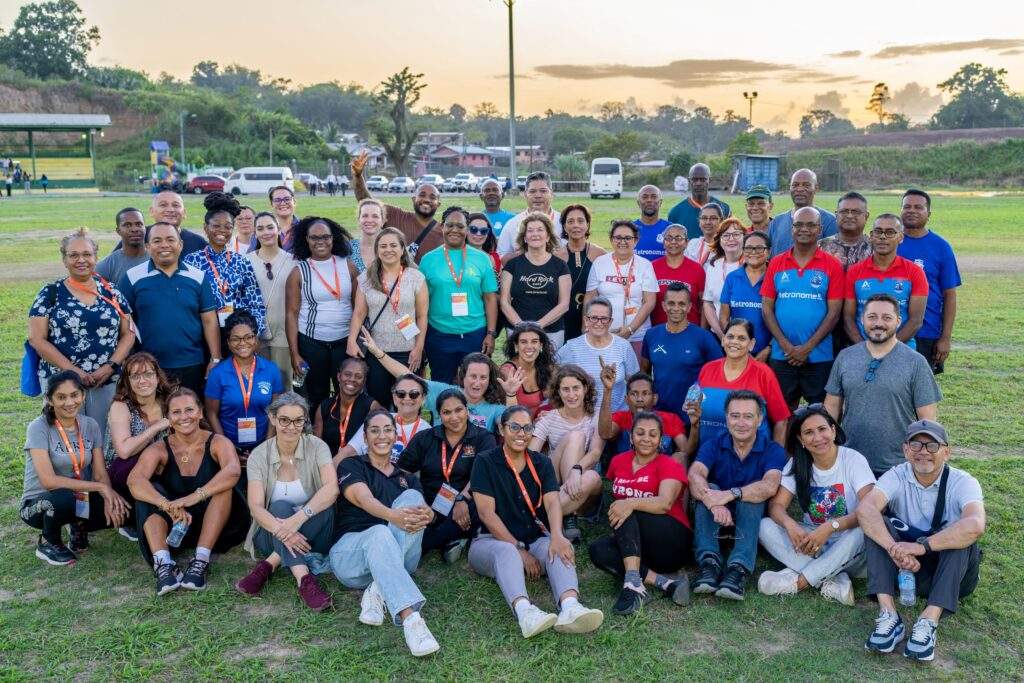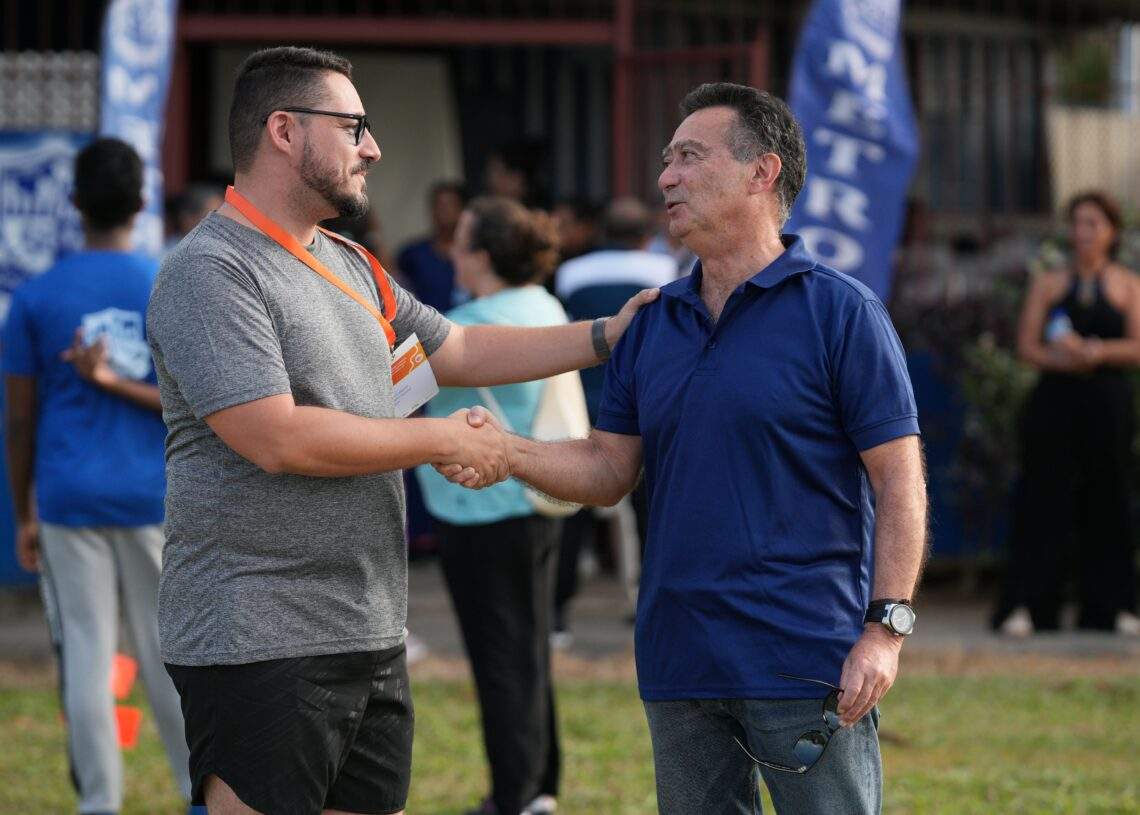By Alfonso Ramírez de Arellano, Director of the Social Prevention Unit of the Huelva Provincial Council
The COPOLAD III program, funded by the European Union, brought together 50 experts from 12 countries across Latin America, the Caribbean, and the EU in Trinidad and Tobago from March 24–27, with the collaboration of the country’s government.
Its main objective was to facilitate the territorial implementation of drug policies, with special attention to the vulnerabilities associated with them.
The program’s approach—based on social inclusion, connection with other social policies, human rights, gender perspective, and a community intervention methodology—offers a comprehensive view of the complexity of addiction. As we have highlighted elsewhere, it contributes to broadening the perspective of drug policies.
In this case, it is worth emphasizing that the community perspective of the program represents a key line of action in the face of the challenge of scaling up social drug policies.
On one hand, national drug plans have the necessary means to address the issue in all its complexity and with the range of stakeholders involved. On the other hand, the high degree of specialization achieved by the various disciplines in the social and health sector offers the advantage of having scientifically validated tools (programs, protocols, techniques…), though these often carry the risk of being applied unilaterally without taking the context into account.
Thus, the current challenge could be defined as finding ways to maintain complexity and plurality in understanding the phenomenon, while also preserving scientific achievements when policies are implemented at the local level.
What does the community level do?
Each level in the scale has its own dynamic. At the community level, the local government acts as the main representative of the State Administration in the territory; social, professional, and political actors in the community are engaged; local resources are utilized; the perception of the problem among different sectors is considered; and scientific advancements are reconciled with the local capacity for intervention.
The most common threat when moving from one level to another is the temptation to simplify the intervention in order to maintain control and reduce the uncertainty brought by complexity. Relying exclusively on pre-designed, top-down solutions without involving the stakeholders may produce a temporary effect, but it does not solve the underlying problems.

This is why COPOLAD III’s community-based approach should be seen as a realistic, committed, and courageous initiative that embraces its responsibility for driving social change.
Challenges
What would truly strengthen the program is sufficient investment in the monitoring and evaluation of local experiences, allowing for the validation of progress, the recognition of innovations, and the wider dissemination of acquired knowledge.
To support this aim, we have proposed in other forums the creation of Local Observatories on Drugs and Addictions, a Technical Resource Bank accessible to all local-level professionals working in the field of addictions, as well as a Grant Program to fund studies and research specifically focused on local and applied intervention.






